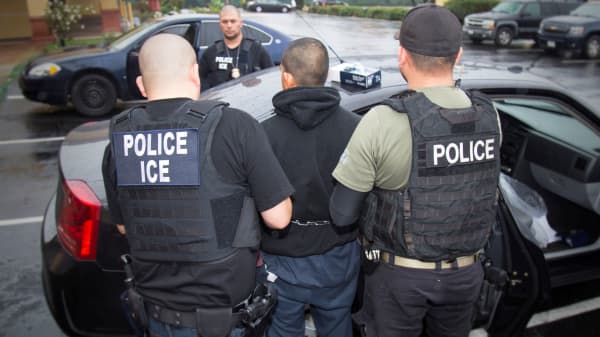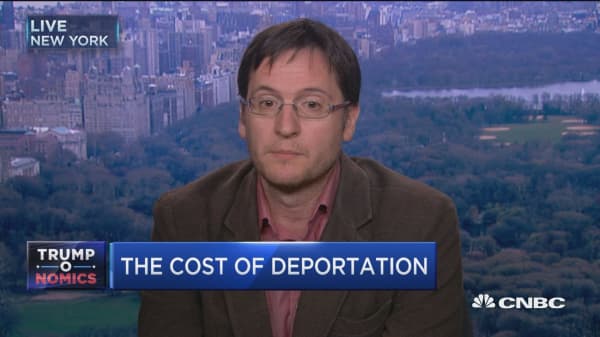It remains to be seen just how far the Trumpadministration will go in deporting undocumented U.S. workers.
But some industries and employers will feel the impact much harder — and sooner — than others.
The administration released official guidelines Tuesday that make almost all undocumented immigrants subject to deportation. The new directives create an uncertain future for an estimated 11 million undocumented U.S. workers — and their people and companies that employ them.







